Bangladesh: Controlling Financial Infrastructure
China’s investment in Bangladesh’s stock exchange gives Beijing a chance to shape the financial architecture of the most vibrant economy in India’s neighbourhood
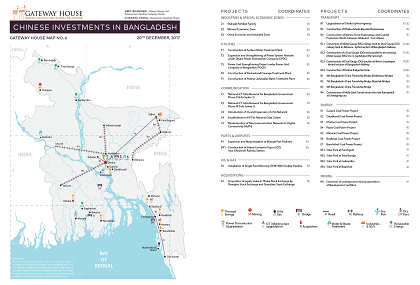 Courtesy: Gateway House
Courtesy: Gateway House
China’s investment in Bangladesh’s stock exchange gives Beijing a chance to shape the financial architecture of the most vibrant economy in India’s neighbourhood
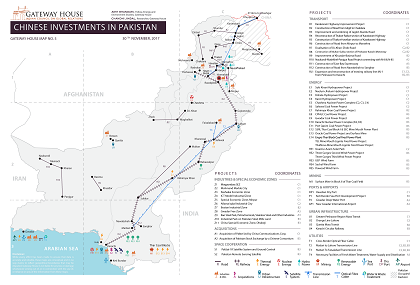 Courtesy: Gateway House
Courtesy: Gateway House
The China-Pakistan Economic Corridor is a strategic play by China disguised as an economic corridor. It may bring some economic benefits to Pakistan in the short run, but will almost certainly cost the country – and India – a big political price in the long run
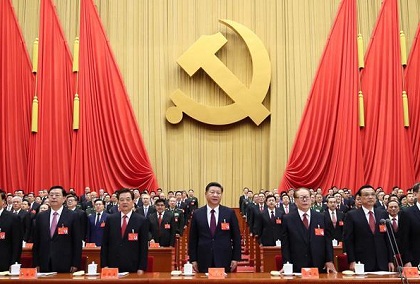 Courtesy:
Courtesy:
For the last fortnight, the world has been captivated by the events of the 19th National Congress of the Communist Party of China, which elevated Chinese President Xi Jinping to the status accorded to Chairman Mao. Xi Jinping has consolidated his position in the CCP, strengthened his hold over the country and provided a policy road-map for the next five years. 'Xi' Jinping Thought' is now enshrined In the Chinese Constitution just as firmly as was 'Mao Zedong Thought'.
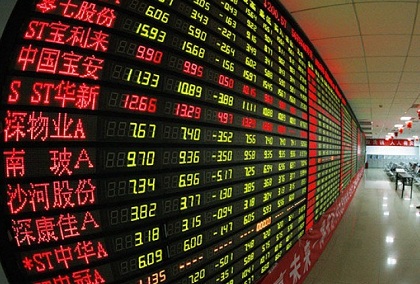 Courtesy: Tribune
Courtesy: Tribune
Beijing has its finger on the economic pulse of the country, demonstrating a responsiveness to criticism at home and abroad. It reveals a great deal about Chinese political priorities and societal changes, and offers a collective learning for investors and markets worldwide – and especially for India.
 Courtesy: Western Naval Command
Courtesy: Western Naval Command
China has expanded its presence in the Indian Ocean Region. President Xi Jinping has abandoned Deng Xiaoping’s conciliatory posture for an aggressive, money-fuelled search for super power status
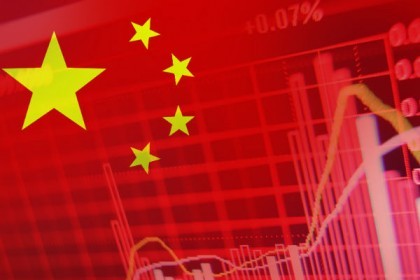 Courtesy: News Max
Courtesy: News Max
China’s credit-led growth is likely to lead to a fairly severe economic crisis in the next two or three years. Recent research suggests that the current tactics may boost short-term growth, but harm its long-term prospects. Time is running out for the country’s ambitious policy-makers
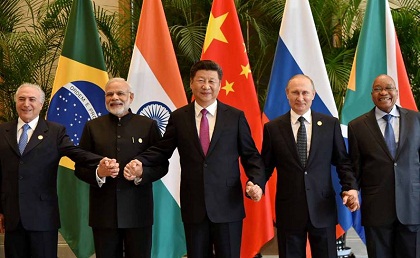 Courtesy: Narendra Modi/ Flickr
Courtesy: Narendra Modi/ Flickr
BRICS, which has always been committed to enhancing solidarity, is now entering its second decade – even as tensions between its two most consequential members remain unresolved and member states and other emerging markets are set to serve as “the main engine” of global growth
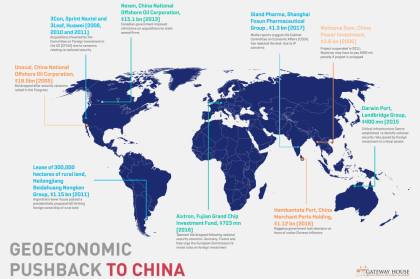 Courtesy: Gateway House
Courtesy: Gateway House
The Indian government may block the acquisition of Gland Pharma by Shanghai Fosun Pharmaceuticals, a move that offers further confirmation of how China’s opaque business model is causing concern worldwide. This infographic shows some high-profile cases of acquisitions by Chinese companies that ran into local opposition
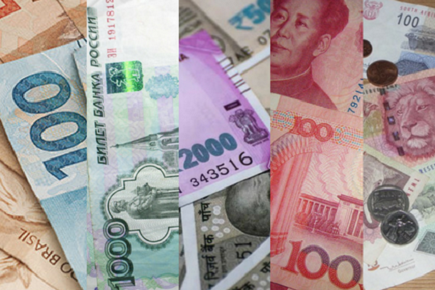 Courtesy: Gateway House
Courtesy: Gateway House
The multi-polar world that BRICS nations seek is not a reality yet and the differences between them do exist. But the BRICS summit in September offers leaders an opportunity to examine a few important financial issues before they can dictate the global agenda
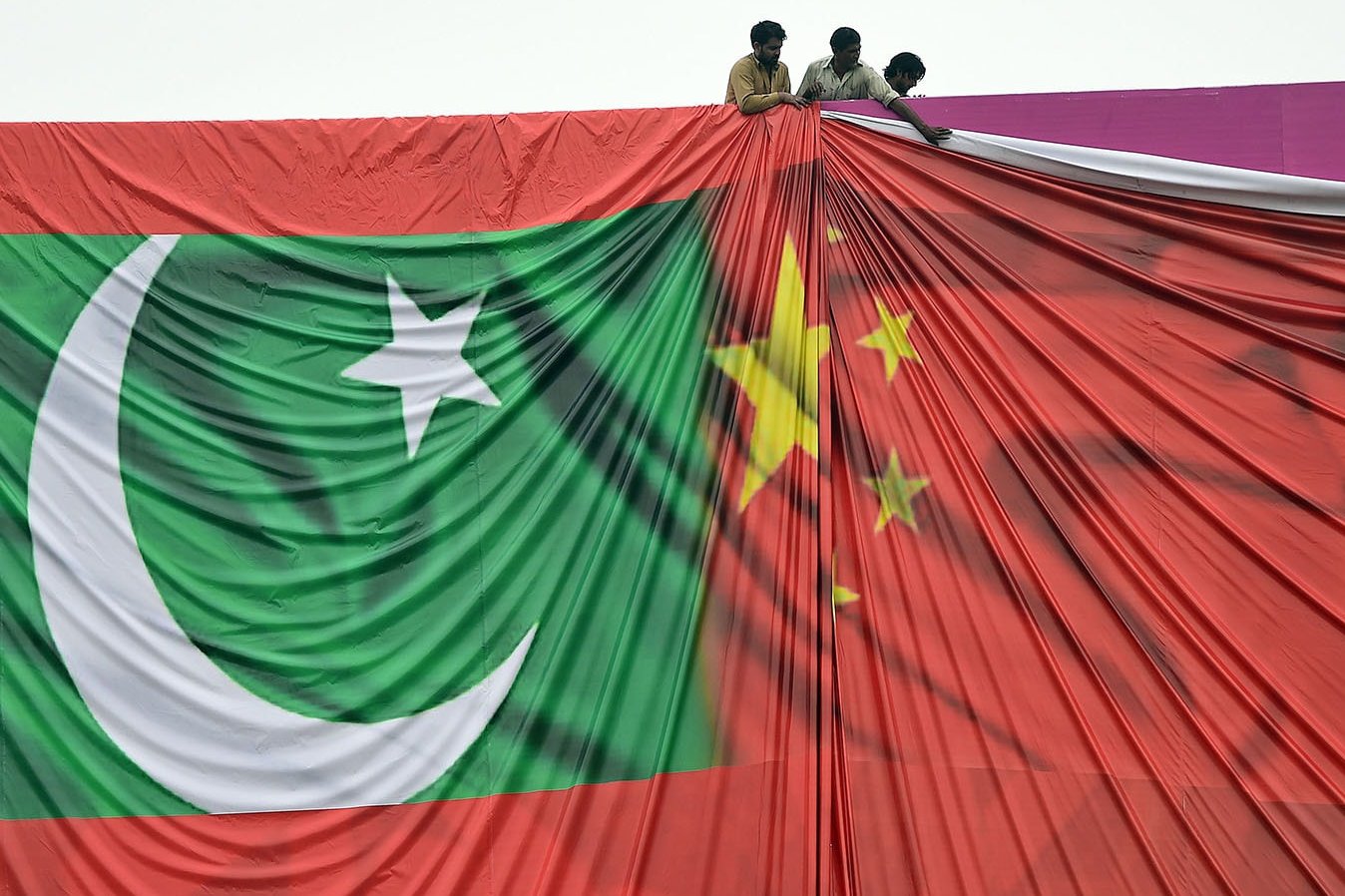 Courtesy: AFP
Courtesy: AFP
The Indian government must be commended for staying away from the Belt & Road Forum in Beijing this week on the basis of principled objections. However, the forum has robust global participation – 30 heads of state attended the meeting, as did the chiefs of the UN, World Bank and International Monetary Fund (IMF). India was the only country in the world that was invited, but refused to participate